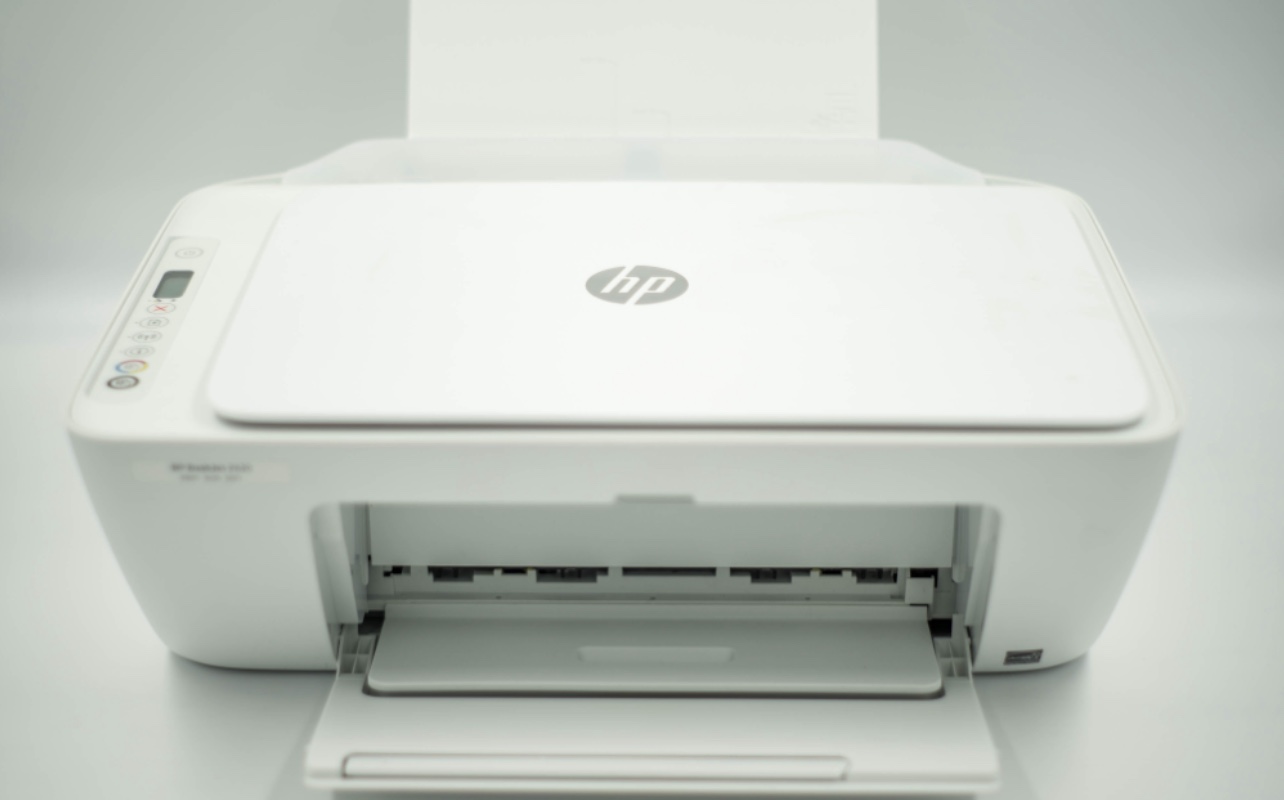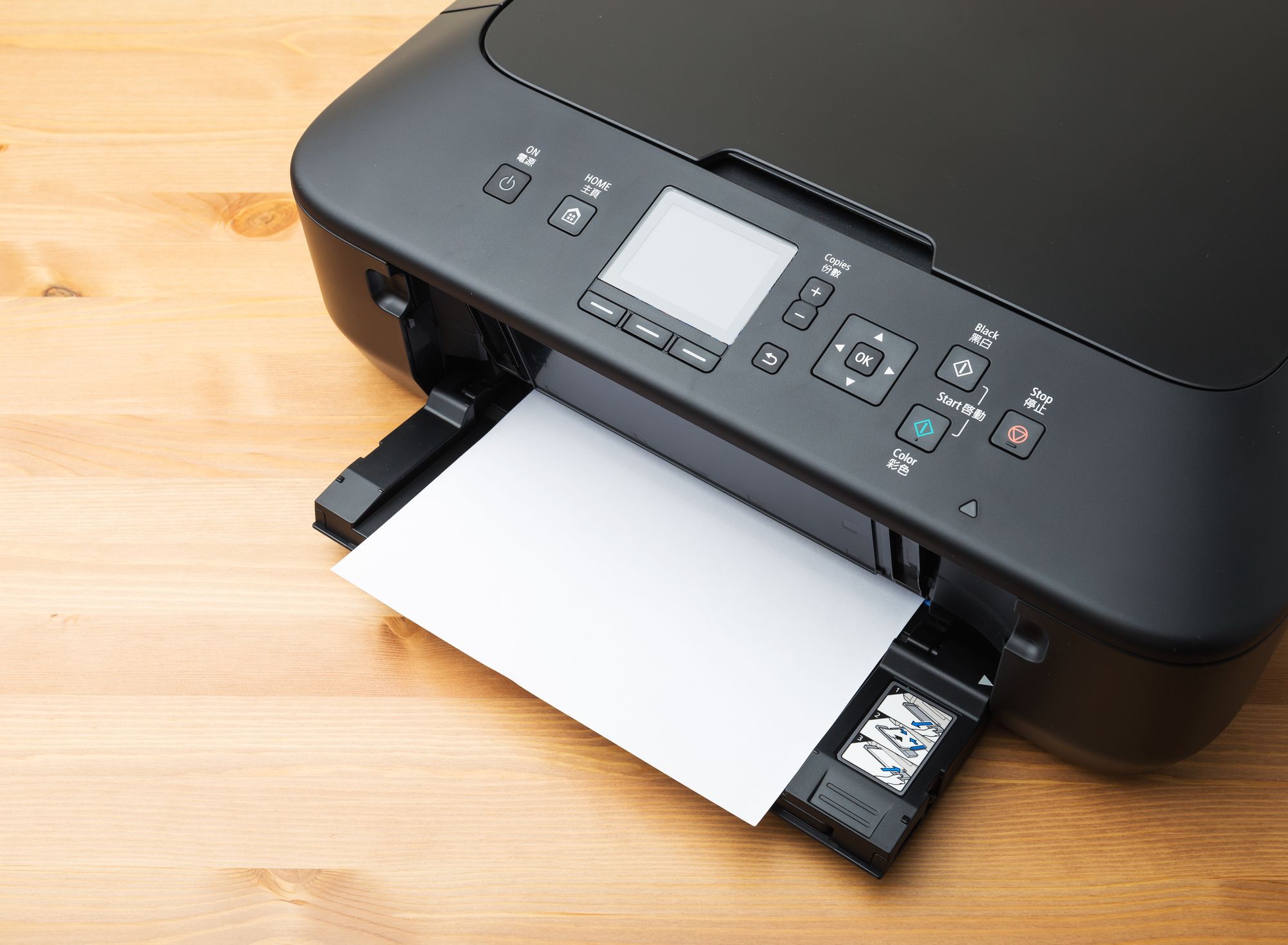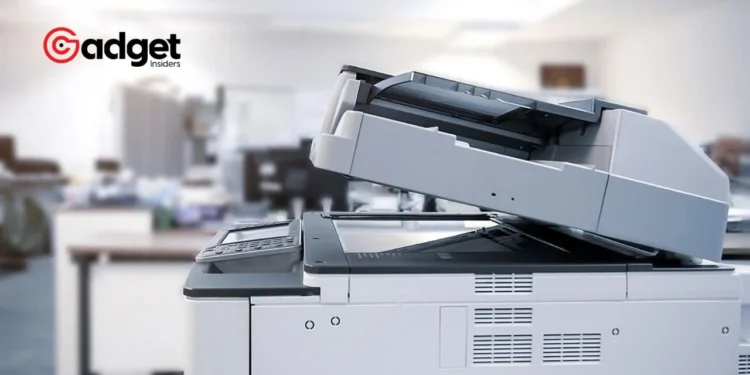In a move that may redefine consumer rights in the printer industry, HP is facing a class-action lawsuit over its alleged monopoly on aftermarket ink cartridges. This legal battle has thrust the tech giant into the spotlight, raising significant concerns about consumer choice and corporate practices in the digital age.

The Lawsuit at a Glance
At the heart of the controversy is a firmware update initiated by HP in late 2022, which plaintiffs claim deliberately disabled third-party ink cartridges in HP printers. This move, combined with a simultaneous price hike for official HP cartridges—often costing users upwards of $70 annually—has sparked accusations of monopolistic behavior and overcharging.
The class-action lawsuit, filed in January, challenges HP’s long-standing policy which seemingly locks customers into purchasing its own brand of expensive ink cartridges. Plaintiffs argue that they were never informed they would be restricted to HP’s ink when purchasing the company’s printers. This point of contention rejects one of HP’s primary defenses—that customers implicitly agree to this limitation when they buy HP printers.

Corporate Strategy and Consumer Backlash
HP’s business model, which mirrors the classic razor-and-blade strategy, sells printers at competitive prices while maintaining high margins on ink cartridges. This strategy has been under scrutiny, not just for its impact on wallet but also for its restrictive nature.
Marie Myers, HP’s CFO, highlighted the company’s focus on profitability from ink sales in a December statement. In a more telling discussion, HP’s CEO Enrique Lores described customers who do not consistently use HP ink as “bad investments” during a January CNBC interview.
The implementation of digital rights management (DRM) tools to block third-party and refilled cartridges has only added fuel to the fire. HP’s aggressive DRM policies have previously led to compensation claims across various markets, alongside allegations that HP devices could disable scanning and faxing when ink levels are low.
Class-action lawsuit accuses HP of monopolizing aftermarket ink cartridges https://t.co/krjdcbDN93 pic.twitter.com/iFrYZeXpYW
— Chris Hesson (@MRITechnology) April 13, 2024
HP’s Response and Consumer Options
Despite the growing dissatisfaction among users and regulators, HP remains steadfast. The company argues that federal law does not allow customers to sue for overcharging, asserting that their printers are explicitly designed to be used with HP cartridges only.
Adding to the complexity, last month HP launched a subscription service starting at $6.99 a month. This service provides customers with a printer, continuous customer support, and timely refills before their existing ink runs out, potentially locking users even more tightly into the HP ecosystem.

Looking Ahead: Implications for the Tech Industry
This lawsuit could set a significant precedent for how tech companies manage their aftermarket products and services. If successful, it could lead to greater transparency and fairness in the pricing and usage of proprietary accessories. However, HP’s strong defense suggests a long and contentious legal battle ahead, with broader implications for the industry’s approach to consumer rights and corporate profitability.
In the meantime, consumers and market watchers alike are keeping a close eye on developments, as the outcome of this case could herald a new era in consumer-tech company relationships, potentially reshaping market practices for technological goods and services.










